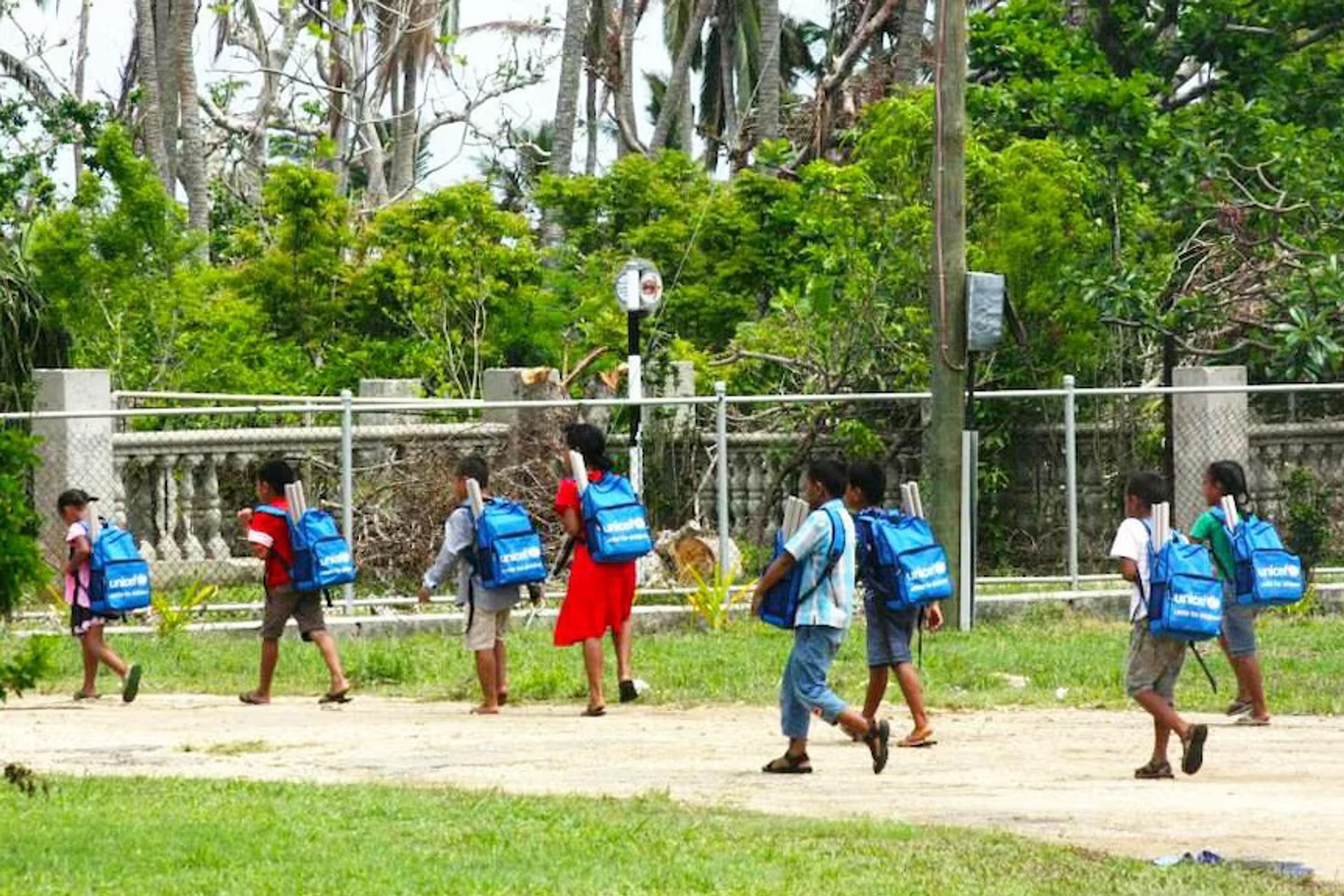

Nine-year-old Koukolewa of Fijian and Māori heritage wants everyone on the hīkoi to "keep it up".
Photo/PMN News/Candice Ama
‘It feels like family’: Multi-ethnic people with their flags for Hīkoi mō Te Tiriti
Ihumātao opened its gates to thousands in the march against the Treaty Principles Bill.


‘Love is justice, lived out loud’: Reverend Wayne Toleafoa honoured for service
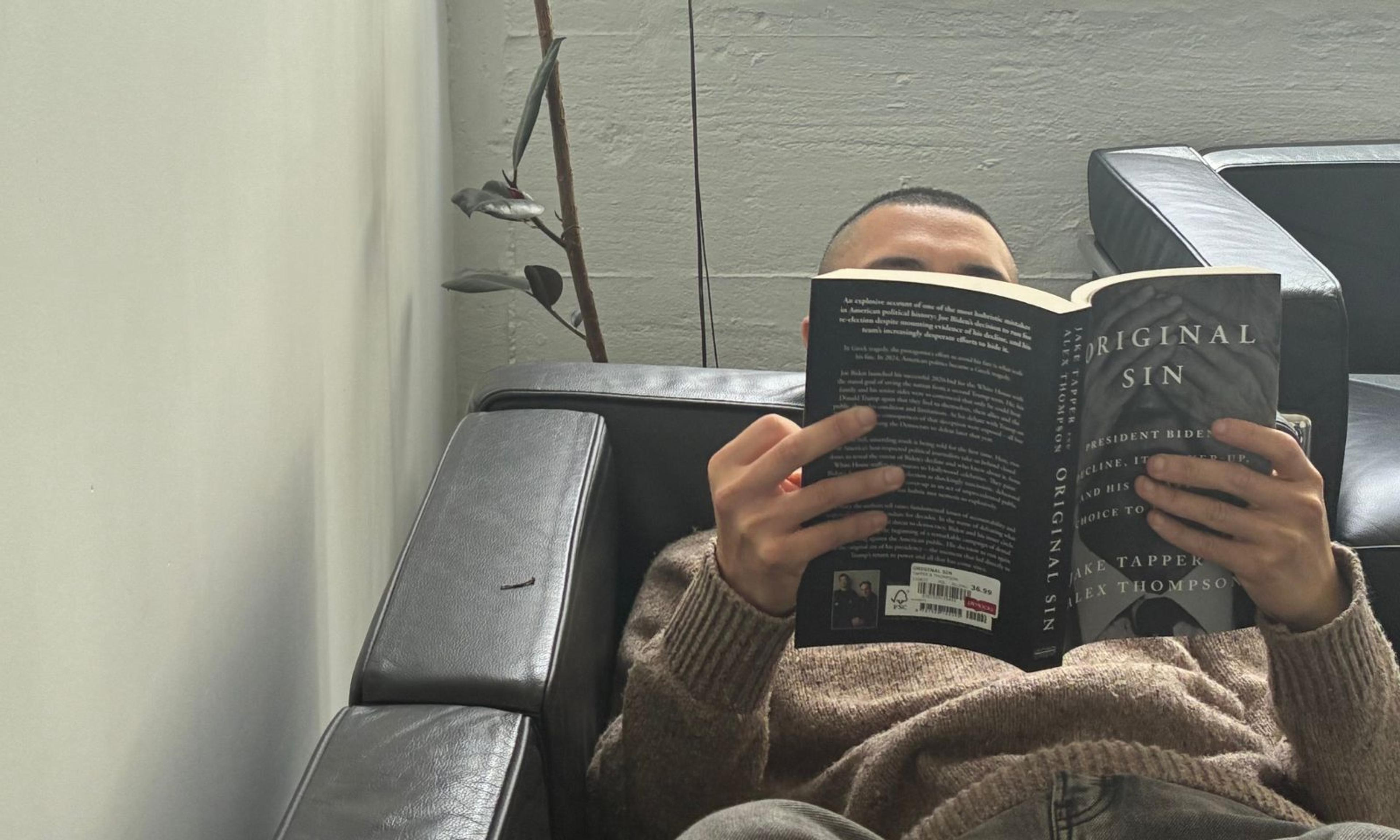

Pacific leaders humbled by recognition in New Year 2026 Honours

Climate disasters in 2025 impact Pacific children, review finds

‘Love is justice, lived out loud’: Reverend Wayne Toleafoa honoured for service


Pacific leaders humbled by recognition in New Year 2026 Honours
Hundreds of Māngere locals, Tāngata Whenua, Tāngata Tiriti, and Tagata Moana lined Oruarangi Road ready to receive the Hīkoi mō Te Tiriti.
The national hīkoi is taking a stand against ACT’s Treaty Principles Bill having started in the Far North and is due to arrive in Parliament on 19 November.
Amidst the sea of red, white, and black, the bright gold of Niue could be spotted. A Sāmoan flag flies high in the wind, there is a small group of tamaita’i wearing puletasi, and a young ta’ahine brings the MMT vibe.
PMN News was there and spoke to proud allies of the kaupapa.
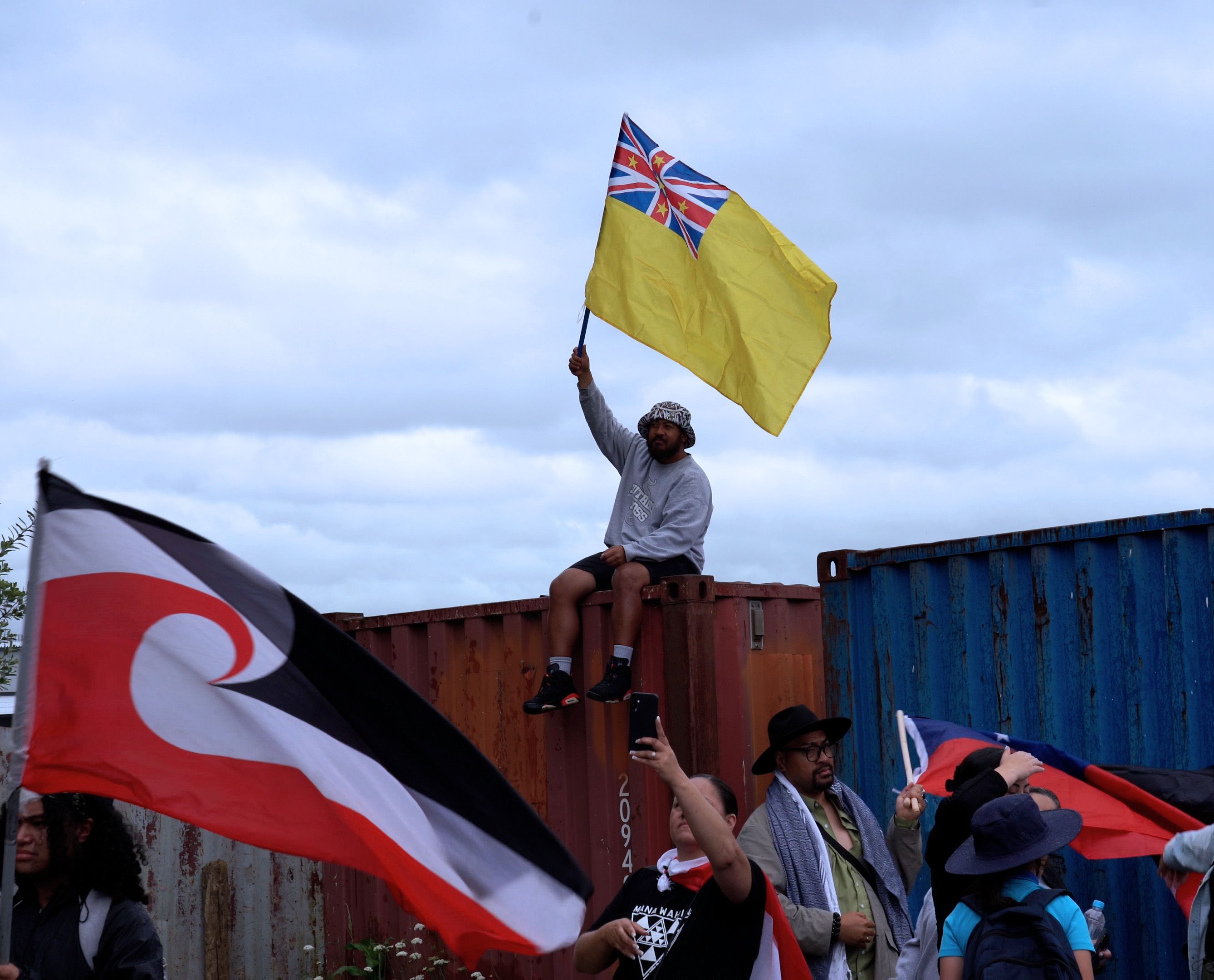
Photo/PMN News/Candice Ama
Charlie Guthrie from Tairua bares both a moko kauae and a malu, honouring her Māori and Sāmoan heritages.
She says as someone who embraces her duality, the day affirms her sense of belonging.
“I think it just shows how similar our mamae (hurt) is. We’re all fighting the same fight and we’re all connected with the moana. It’s just a really good day to come together and show our solidarity.
“I feel at home every time we’re all together. I always feel comfortable, I feel like we’re all family straight away. You don’t feel out of place.
“Everyone’s got their different flags but it all feels like family.”
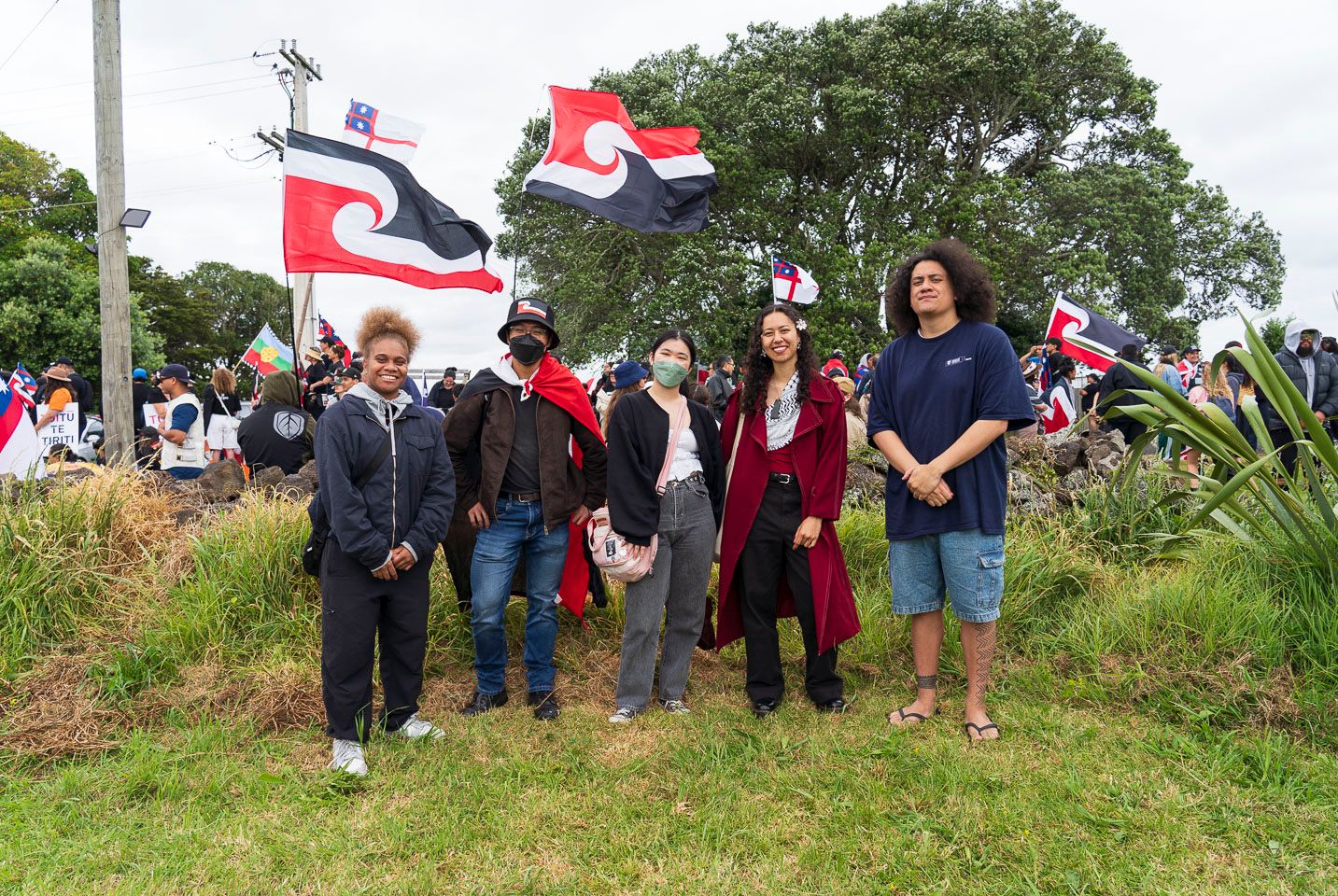
Photo/PMN News/Candice Ama
Teenager Mila (Ngāpuhi, Ngāti Maniapoto, and Alofi, Mutalau, Lakepa, and Tuapa - Niue) says she’s there to represent the harmonious pride of all people.
“I wanna prove that all nations can be here, standing proud with unity.”
Not a soul flinched at the sudden downpour. It was like being blessed by the tūpuna and it happened moments before the hīkoi chants started.
The troops were led by rangatahi, and a single woman’s voice called, “Ko te iwi Māori e ngunguru nei! (It is iwi Māori that thunders now!)*
To which the crowd joined in and responded, “Hi, au! Au! Auē, ha!” (It is our time! It is our moment!)*
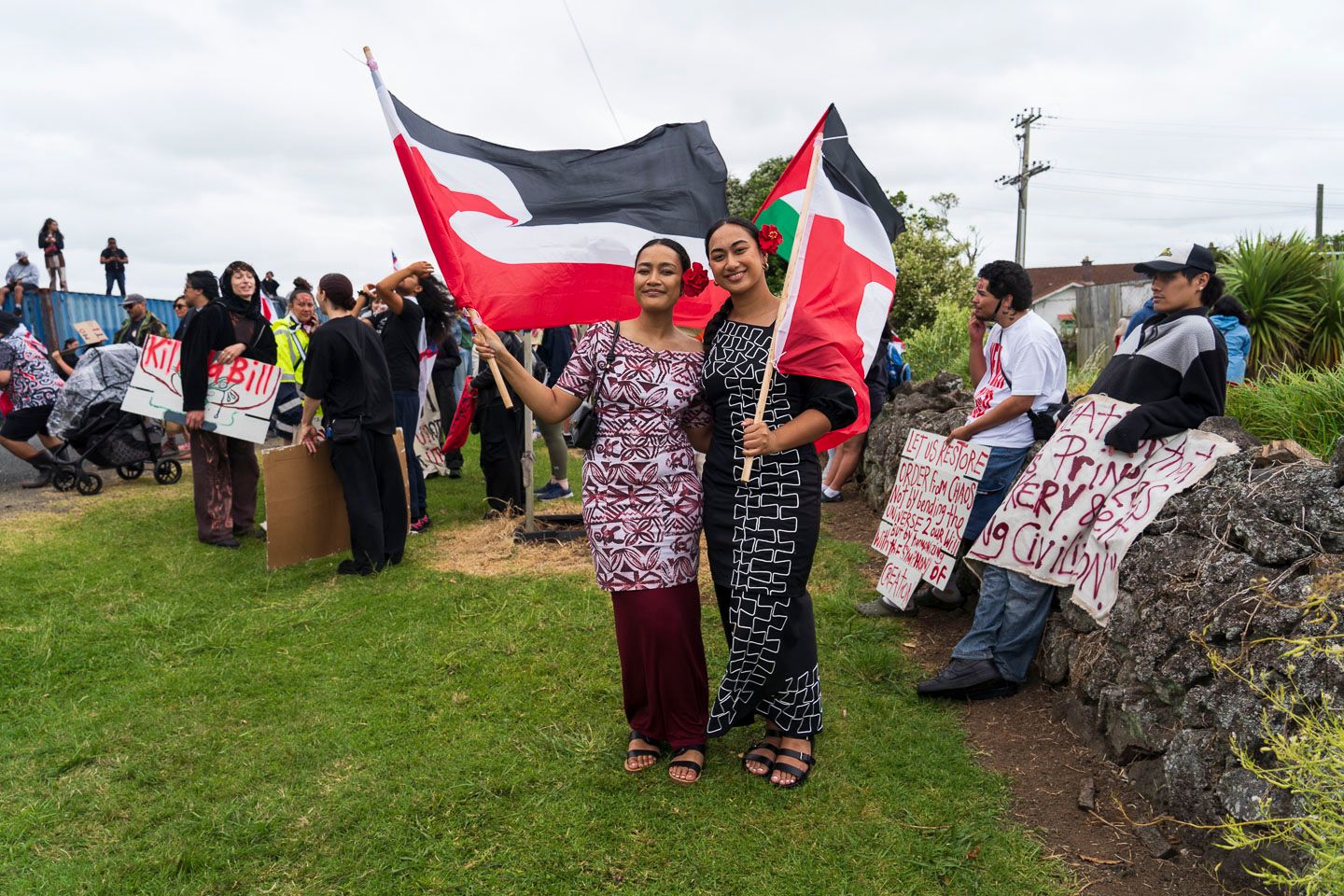
Photo/PMN News/Candice Ama
Mana whenua and haukāinga of Ihumātao began their pōhiri and welcomed the hīkoi onto their whenua, an acknowledgement of a shared purpose.
Two Fijian men said when they arrived empty handed, a whānau gifted them a huge Tino Rangatiratanga flag tied to a bamboo pole.
“We’re just supporting the Māori people and the Tangata Whenua. They’ve got beautiful hearts.
“This is not our flag, but some people gave it to us to carry.”
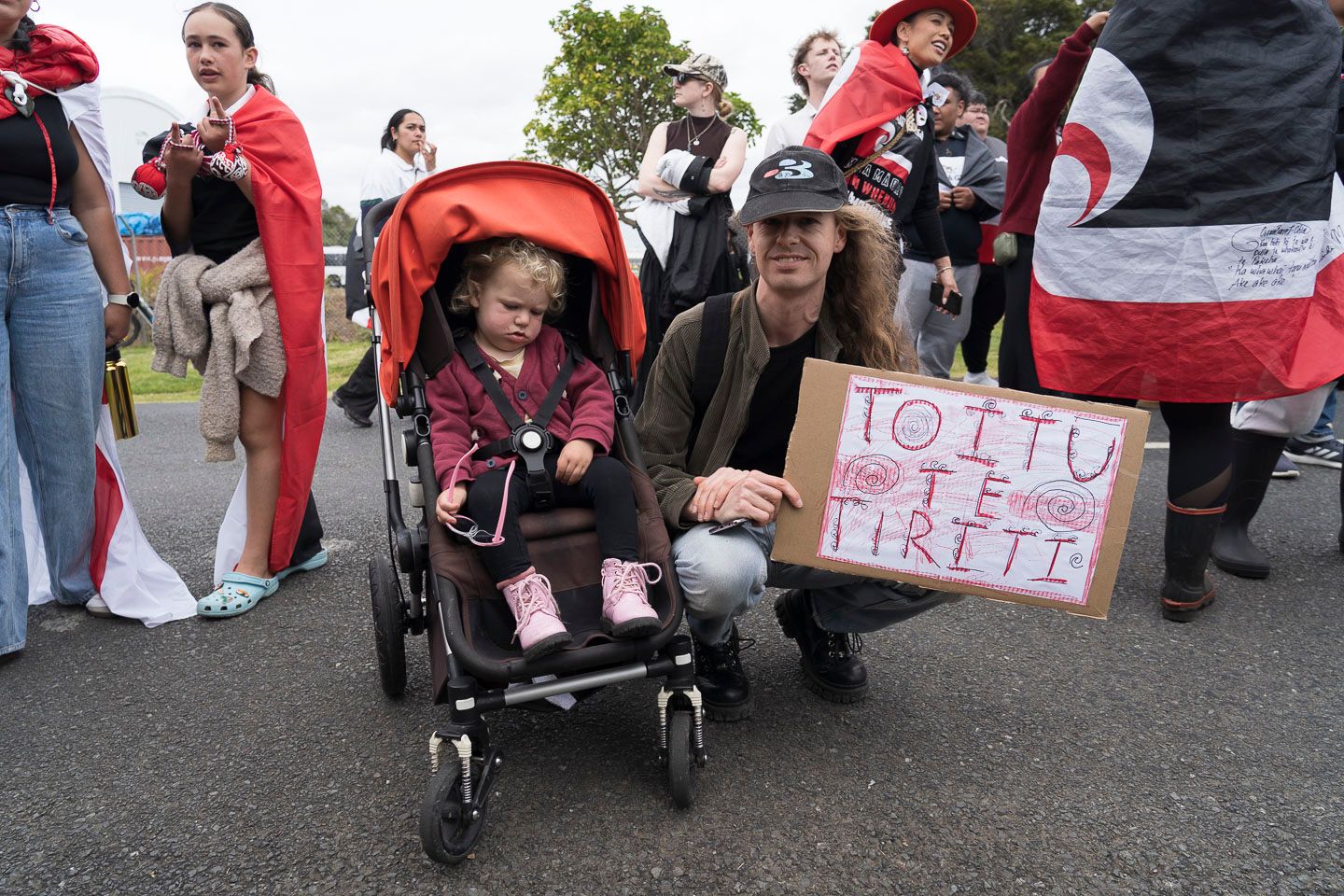
Photo/PMN News/Candice Ama
It’s a family affair, supporters have included pēpi, elders, people with disabilities, and even a dog or three.
A confident nine-year-old in her Māngere Bridge School uniform makes her way to the PMN News team asking to be photographed.
Her name is Kuokolewa from Fiji and New Zealand, and she says her cousin is the Māori Queen Nga Wai Hono i te Po.
“Today, I get to come back to my home and I get to fight for my home. And present my family and culture.
“I would like to say (to everyone here today) keep representing your culture.”
Representatives of the Pacific research consultancy group, Moana Connect, were also in attendance and spokesperson Joshua Ali’ifa’alogo (Vaiala, Saoluafata, Lufilufi, and Faleapuna - Sāmoa) says their presence is about supporting Māori.
Born and raised in the 275, Ali’ifa’alogo says he’s always had an understanding of Te Tiriti o Waitangi.
“I live on their (Māori) land so it’s my responsibility to protect them and fight for them. I just know that if the government’s doing this to Māori, then us islanders are next.”
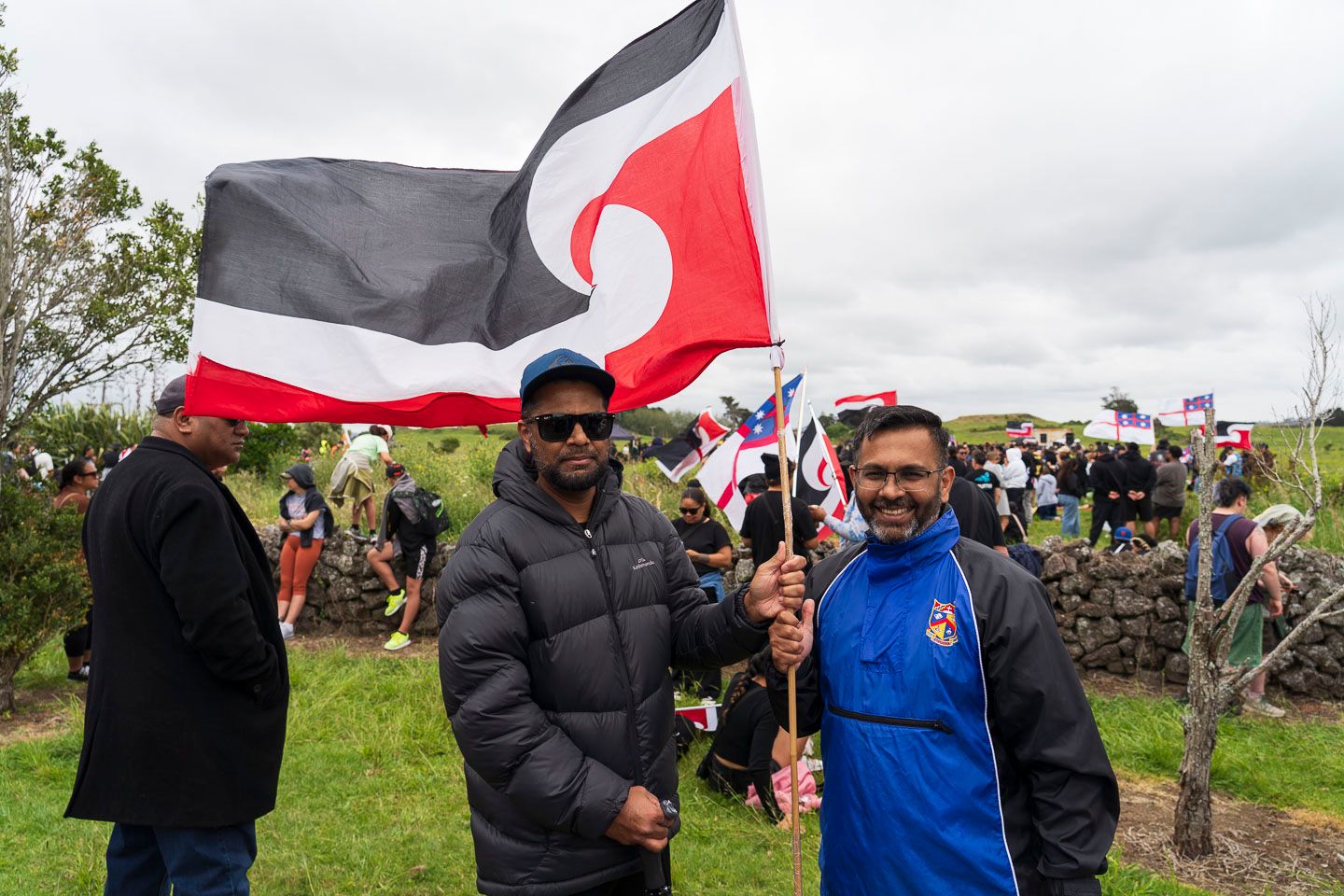
Photo/PMN News/Candice Ama
His message to Pacific people, especially the New Zealand diaspora who may not understand how Te Tiriti impacts them, is to consider how they advocate and care for their villages in the islands.
However, Fa’alogo places particular emphasis on how it is a diasporic duty to understand the land they live on.
“Your laws and your rules, that’s just like Te Tiriti here in New Zealand. So without your rules and laws in your village then you would have no family, no land. That’s happening to our Māori brothers and sisters.
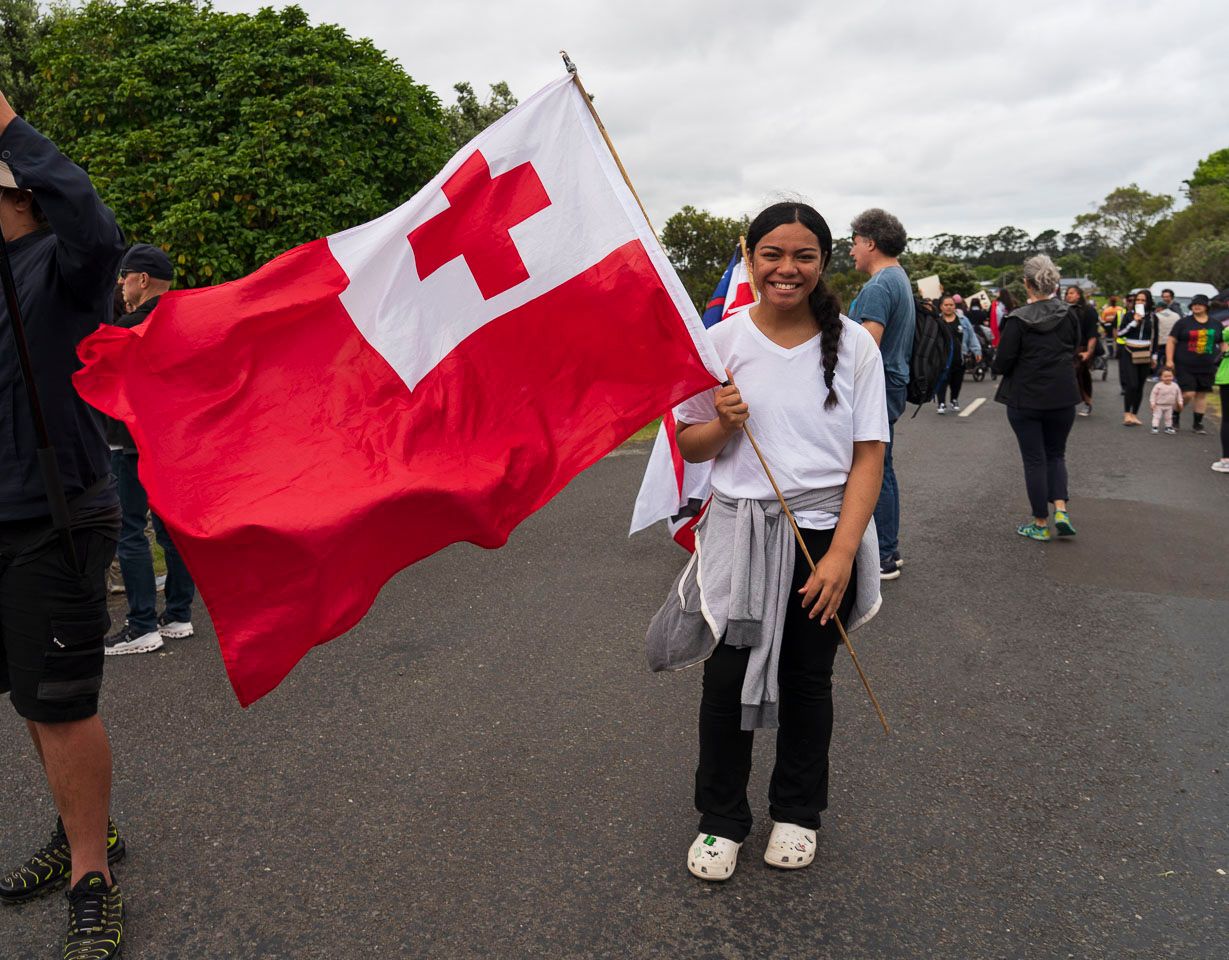
Photo/PMN News/Candice Ama
“But it’s your responsibility, especially if you live in Aotearoa. Don’t be too cool to learn about it, ‘cause you’re not.”
Hīkoi mō Te Tiriti arrived at Rangiriri Pā on Wednesday evening and convoys to Rāhui Pōkeka, Huntly, on Thursday morning before heading to Kirikiriroa, Hamilton, and Rotorua in the afternoon.
*English translations are contextualized for the event covered and are not literal translations. Provided by the reporter of this story who is a Te Reo Māori speaker.
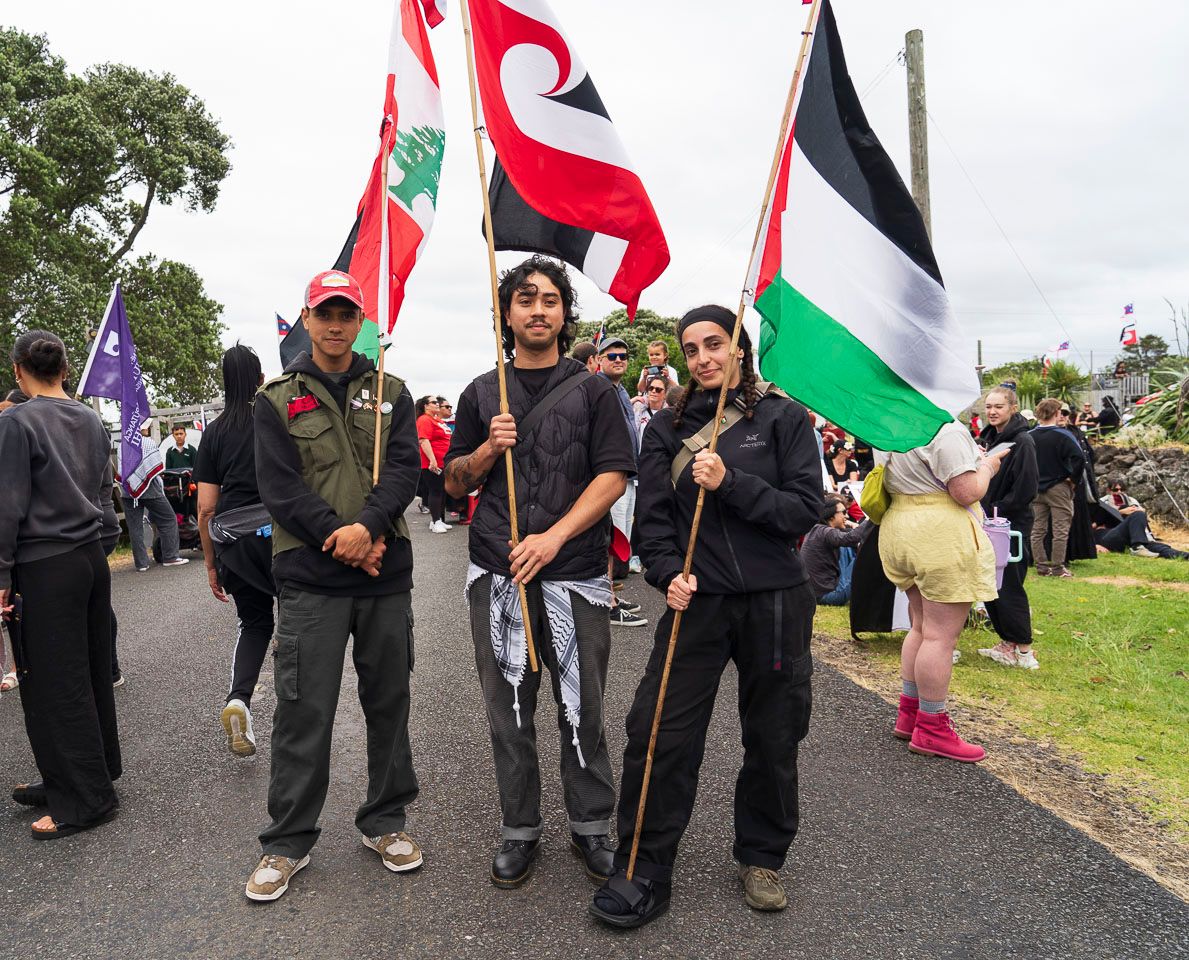
Photo/PMN News/Candice Ama